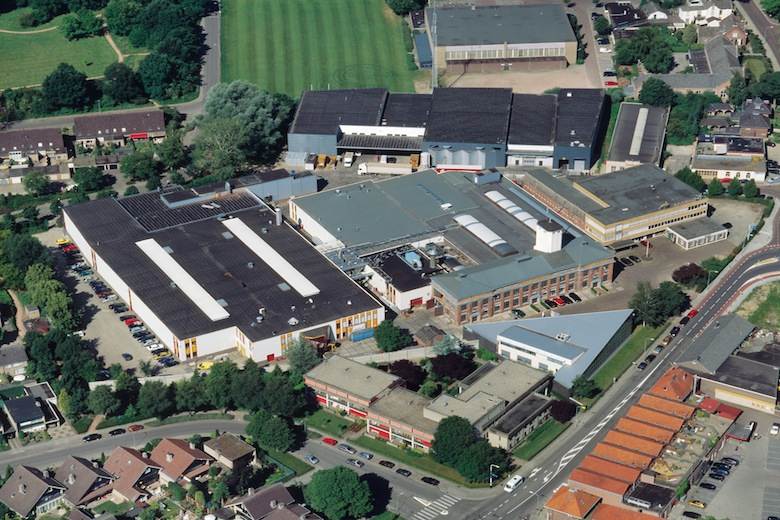Dutch tannery to re-open under new owners
19/03/2014

Initially, production will be limited to the wet end, but the new owners have said finishing operations will start up again in the near future. Operations at the former Hulshof tannery will now take place under the new name of ROMPA Tanneries, with ROMPA representing a combination of the two partners’ names. As well as wet blue calfskins from raw material from PALI slaughterhouse operations, it will produce wet blue bull hides.
Hulshof Royal Dutch Tanneries filed for bankruptcy protection in November 2013 and sought a buyer after chairman, Dr Herman Hulshof, said he had “tried everything” to save the company. Dr Hulshof said his efforts had been “not to save the Hulshof name, but in the interests of the workers, the environment and the customers”. There were immediate expressions of interest from leather industry players in several countries, but the all-Dutch PALI-Rompa bid has won. They have said they intend to re-employ former Hulshof tannery workers “as far as possible”.
PALI, based in ’s-Hertogenbosch, specialises in veal production and has said it wanted to add “the next step in the chain” to its activities. Its Vitelco calf slaughterhouse operation is one of the largest of its kind in the world. Its slaughter capacity is 300,000 head per year. “Processing the fresh calf skins into wet blue in Lichtenvoorde avoids having to salt and then later de-salt them,” the company said at the time of the Hulshof announcement. “This saves costs and reduces the burden on the environment.”
Rompa Leather is a family-run tanning company that once operated a full-service tannery at Rijen in the south of the Netherlands, but has focused on buying in wet blue and producing crust and finished leather from it since the 1980s. It has said that the re-start of operations at Lichtenvoorde will give it the opportunity to carry out the entire tanning process in house once again.
However, its Rijen facililty forms no part of this deal and will continue under 100% ownership of the Rompa Group, although working in close co-operation with Lichtenvoorde.
The two partners in the new joint-venture said in a statement that ROMPA Tanneries would uphold and expand the reputation Hulshof had for quality and for environmental management. For example, work on a biodegradable leather concept that Hulshof had championed will continue, with wet green or wet white calf and bull skins becoming part of the product offering.
The Hulshof Protein Technologies (HPT) arm of the former company, set up to extract collagen from hides and skins for customers in the food industry, will also continue under the new owners.











